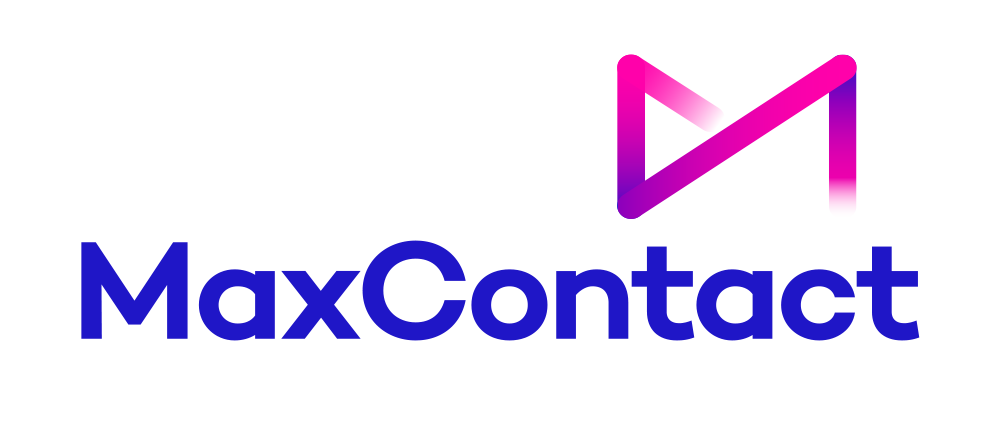4 Major Benefits of a Knowledge Management System
How your call centre gathers, stores and shares knowledge can have a critical impact. By making your business knowledge easily accessible to your agents, you can improve your customer experience, boost innovation, and secure long-term success.
But this kind of knowledge sharing is far from easy. A recent survey by Gartner found that almost half of digital workers struggle to find the information they need to perform their jobs effectively.
To ensure your business is getting the most out of its knowledge assets, you need a Knowledge Management System. This sophisticated software provides a comprehensive, centralised solution for managing and sharing your business knowledge.
Read on below for an overview of how knowledge management systems work and a breakdown of the benefits they provide.
What is a Knowledge Management System?
A Knowledge Management System (KMS) is a platform that provides a centralised store of information for your business. It enables teams across your organisation to share, access and update information quickly and easily – including your call centre agents.
Knowledge management systems come in various forms, including:
- Learning management systems (LMS). An LMS acts as a centralised source of training materials, courses, and guides. These tools often allow automated progress tracking and certification for learners.
- Collaboration platforms. These platforms enable document sharing, real-time discussion and ongoing collaboration for teams across your organisation.
- Document management systems (DMS). These systems focus on storing essential documents, including reports, spreadsheets and presentations. They enable remote editing by multiple users and support consistent version control to manage changes.
While each of these knowledge management systems focuses on a different aspect of knowledge sharing, there is a set of core features they must offer to make them useful.
Key Features of a Knowledge Management System
- Centralised repository. A KMS should provide a single, integrated repository for all your business’s knowledge assets, including product manuals, company policies, and training materials.
- Search capabilities. Advanced search functionality helps agents find the information they need quickly using keywords and filters.
- Cross-functional collaboration. A KMS should enable teams across your organisation to access and contribute to a centralised store of information.
- Integrates with your tech stack. A KMS can integrate data from other tools – your CRM or your project management system, for instance – to streamline your workflows.
- Analytics and reporting. Data on user behaviour and document usage can identify key resources and highlight areas for improvement.
- Access control. Sensitive information can be protected by restricting permissions for specific users.
4 Major Benefits of a Knowledge Management System
1. Enhanced Customer Experience (CX)
When connecting to an inbound call centre, your customers expect a quick and effective resolution of their issues. To meet these expectations, your agents need all the relevant information at their fingertips. However, 62% of employees report delays in finding information to answer customer queries.
A well-designed Knowledge Management System will support your agents in providing accurate product information, troubleshooting common issues and clarifying terms and conditions. Making this knowledge readily available can directly impact some of the most important call centre KPIs, including Average Handle Time (AHT) and First Contact Resolution (FCR).
A KMS also helps your agents access relevant learning materials and best practices. By supporting continuous improvement to service delivery, your KMS can benefit your customers over the long term.
2. Improved Employee Engagement
Delays in accessing information don’t just negatively impact your customers – they’ll make life harder for your employees, too.
Tracking down information while on a call can be extremely stressful and cognitively demanding, particularly if the agent needs to switch between different applications. Studies show that toggling between windows – also known as context switching – “increases the brain’s production of cortisol (the primary stress hormone), slows us down, and makes it harder to focus”.
By making it easier for your employees to find information, a Knowledge Management System can reduce their risk of burnout and empower them to be more effective in their roles. In turn, this will improve their overall well-being and encourage a positive work environment – two key ways to increase employee engagement.
3. Enhanced Collaboration
No aspect of your business works in isolation – and this is just as true in a call centre environment. Success requires effective collaboration between teams, but your teams can’t work together if they don’t have access to the same information.
For instance, your inbound call centre agents need to be aware of product updates to provide effective customer support. Similarly, your sales and marketing teams need to be on the same page when it comes to the customers they’re targeting and the messaging they use.
A Knowledge Management System helps keep all your teams aligned. As a result, your inbound and outbound communication strategies will be more consistent and your customers won’t receive conflicting messages.
4. Knowledge Retention
Your business constantly generates new knowledge, whether this is a deeper understanding of your customers’ needs or a more sophisticated skillset across a specific team. Taken together, this knowledge can enhance your competitiveness and open up opportunities for innovation.
But this knowledge can easily be lost. Employees leave, taking their skills and experience with them. Best practices aren’t documented or shared effectively. Key insights aren’t incorporated into training materials. The result? Your business knowledge fails to accumulate over time.
A Knowledge Management System is a powerful solution to knowledge retention. By providing a centralised repository for all your knowledge assets, it ensures that critical information is stored securely and shared effectively.
With an ever-expanding knowledge base to work with, you’ll be able to deliver continuous improvements to your services and build your business capabilities over the long term.
Transform your Approach to Knowledge Management with MaxContact
Business knowledge is key to your ongoing success – but if it is not stored and shared effectively, you won’t be able to make the most of this vital asset. For call centres, in particular, agents can only support your customers if they have the right information on hand whenever they need it.
At MaxContact, we specialise in delivering advanced knowledge management solutions for call centres. Our bespoke software can be customised to meet your exact needs and provides sophisticated global search and dynamic branching features for easy navigation.
To learn more about how our call centre solutions can benefit your business, book a guided demo today.
.png)
From the blog






